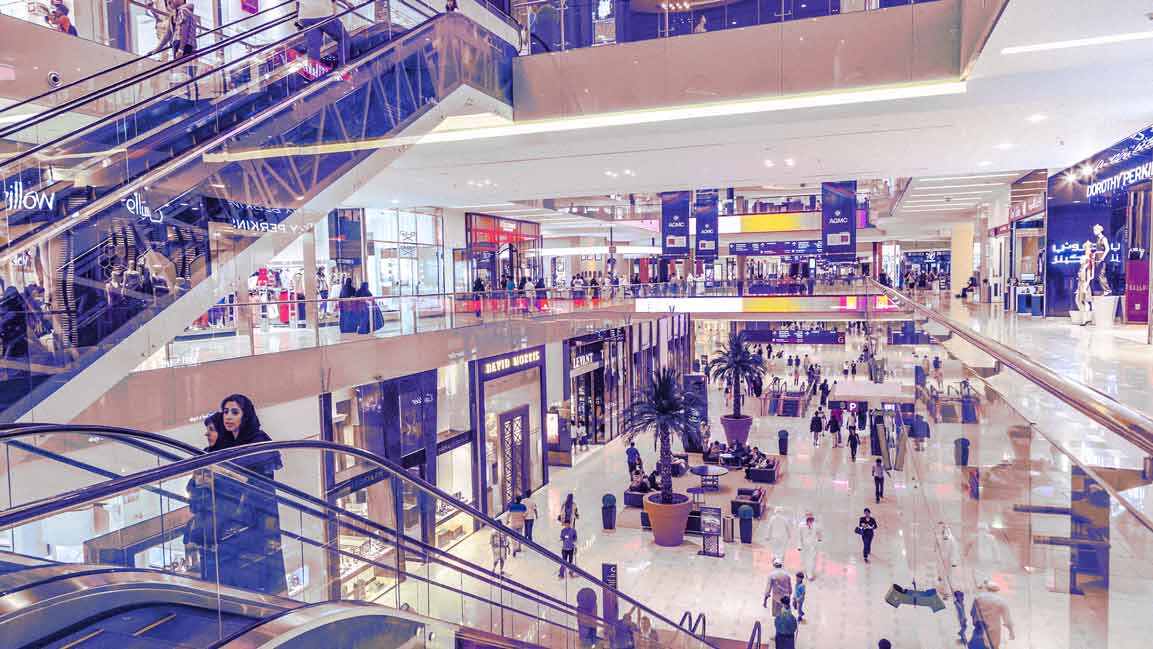- | 12:00 pm
GCC cities poised to rival world’s top shopping destinations by 2028
Dubai boasts a retail spend per capita of approximately $14,000, second only to New York City.

According to a new report by Strategy& Middle East, GCC cities have the potential to rival the world’s top shopping hotspots. By leveraging the region’s growing retail sector, these cities could substantially boost their economies, create jobs, and enhance the quality of life for residents.
With retail spending in the GCC expected to increase by 37% from 2022 to reach $300 billion by 2028, the report titled “Shopping for Growth: How to Build an Urban Retail Destination” emphasizes the substantial opportunity for expansion. It also identifies the top six global shopping destinations: Dubai, London, Milan, New York City, Seoul, and Tokyo.
Dubai, the sole GCC city on the list, stands out with a retail spend per capita of approximately $14,000, trailing only New York City. The emirate’s retail sector significantly contributes to its economy, accounting for 24% of its GDP and employing 21% of its workforce.
However, the GCC retail sector faces challenges, mainly as residents frequently shop abroad. A Strategy& survey reveals that Riyadh, Jeddah, and Doha residents spend between $3,500 and $5,000 per capita annually on retail, with 50-60% shopping abroad at least twice a year. Despite these challenges, effective governance and strategic measures can mitigate these issues.
The report advises expanding brand and product offerings, enhancing retail talent training, strengthening supply chains, and improving customer technologies. It also highlights the need for new investment regulations and suggests enriching the shopping experience with culinary, entertainment, and cultural venues.
To establish GCC cities as global shopping destinations, the report emphasizes the need for a dedicated governance entity and a clear vision that reflects each city’s identity, culture, and broader ambitions. It recommends developing a comprehensive retail master plan, curating an engaging retail calendar, and delivering tech-enabled shopping experiences. Supporting small and medium-sized retailers, building a robust retail talent pool, and simplifying regulations with targeted incentives are crucial for enhancing the retail sector’s global appeal.
Fast Company Middle East’s Next Big Things in Retail Summit, which will be held on November 12 in Riyadh, will cover key topics in retail, such as experiential retail, traditional store optimization, and e-commerce strategies like social commerce and hyper-personalization. It will also discuss how design and innovation will play a role in reshaping the retail landscape.
Delegates can register here.































